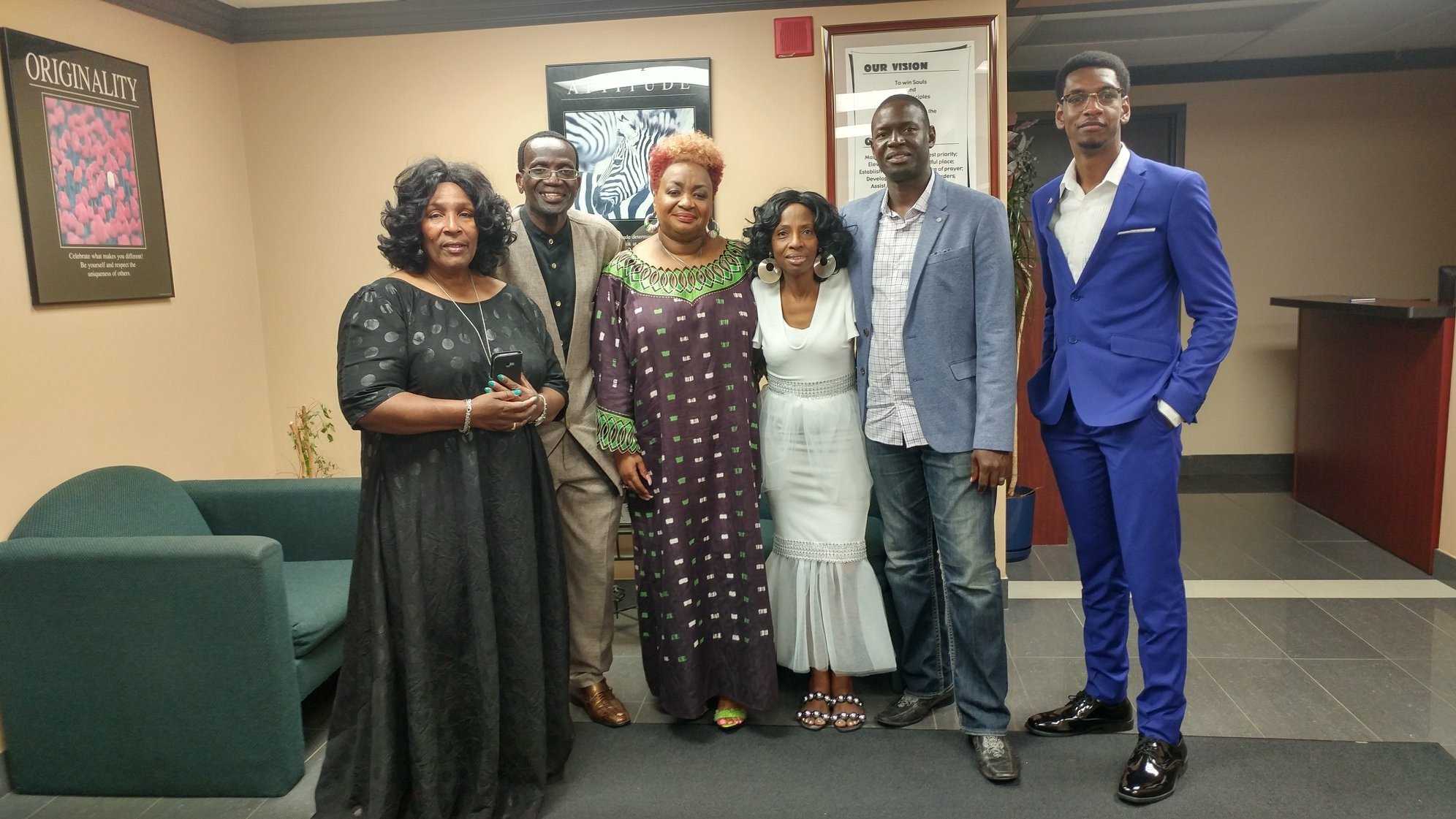BY: DELLIA RISMAY
In public hospitals across Jamaica, there is a shortage of hospital beds. The issue has garnered attention across the island, with patients reporting to outlets like The Jamaica Gleaner that themselves or their loved ones have been treated in metal chairs and wheelchairs until a bed became available if one ever became available before they were discharged. When Dr. Kay Morris, who is an internationally-acclaimed reggae gospel artist as well as a humanitarian, began to learn of what was happening in her homeland, she launched the “Beds for Jamaica” project. On November 16th, “Beds for Jamaica” will be hosting a fundraising dinner to benefit hospitals on the island.
“Beds for Jamaica”, or BFJA, aims to not only help hospitals acquire beds and mattresses but other necessary medical equipment that public hospitals need. Baycrest Hospital learned of the work that Morris does and had 35 beds that they were about to sell for scrap metal. Rather than having the beds destroyed, the health center decided to give the beds to Morris. On August 12th, the Kay Morris Foundation held a fundraising gospel concert at the West End Worship Centre which led to the purchase of 35 new mattresses for the beds, two months of storage, and shipping to the Sav-La-Mar and Black River Hospitals in Western Jamaica.
“Beds for Jamaica” is far from being Kay Morris’ first philanthropic endeavor. Raised by two Pentecostal Minister parents, Morris has always known the importance of looking after one another. She grew up watching her mother bring children off the streets and into their home. “They became a part of our family,” Morris says. She began her singing career at the age of four, and her love of gospel music combined with her upbringing and involvement with the church became her springboard for philanthropy. “Even after my mom migrated, I found myself doing this similarly, donating my own clothing to children who didn’t have, or youth that didn’t have food. They’d come to my house and I would feed them,” she recalls. “This community spirit has always been in me.” In 2003, Morris took her first visit to West Africa, where she got a first-hand look at the HIV/AIDS epidemic. She returned to Canada and decided that she needed to make a difference in the lives of those who so desperately needed it. Since then, Morris has done a number of charitable acts, including brokering a $1.5 million donation of anti-retroviral HIV/AIDS drugs on behalf of the Ghana Ministry of Health to benefit people in West Africa.
Right now, Morris has her attention focused on helping those in her homeland of Jamaica and around the Caribbean. Morris says that even though the organization is called “Beds for Jamaica”, they are looking into providing all sorts of supplies and equipment that a hospital needs to function. Items like lab equipment and EKG machines are also needed throughout Jamaica and the Caribbean. “The beds are first and foremost,” Morris says. “We need to get the people on the beds before they can be treated in the first place.” The Kay Morris Foundation has provided aid to several countries in the Caribbean, such as Barbados, Grenada, Guyana, and Haiti, and is currently in the process of setting up aid for Trinidad in the wake of the recent flood.
The “Beds for Jamaica” fundraising dinner is made possible with the help of many individuals including the event coordinator, Dr. Elaine Singleton, who also has a history of doing charitable acts. Special guests include Jamaica Counsul General Lloyd Wilks, comedian Naggo Morris, and Kay Morris. The dinner will take place on Friday, November 16th at 6:00 pm at the Bethlehem United Apostolic Church at 1 Leswyn Road in North York. For tickets, call 416-844-7038.

